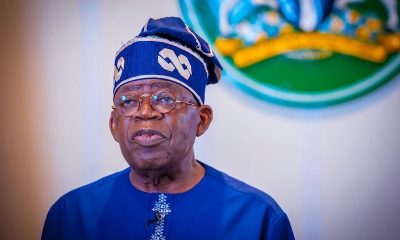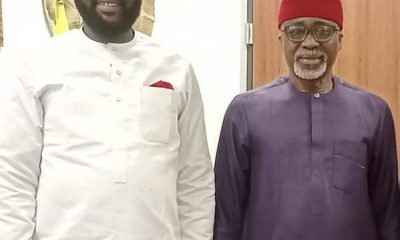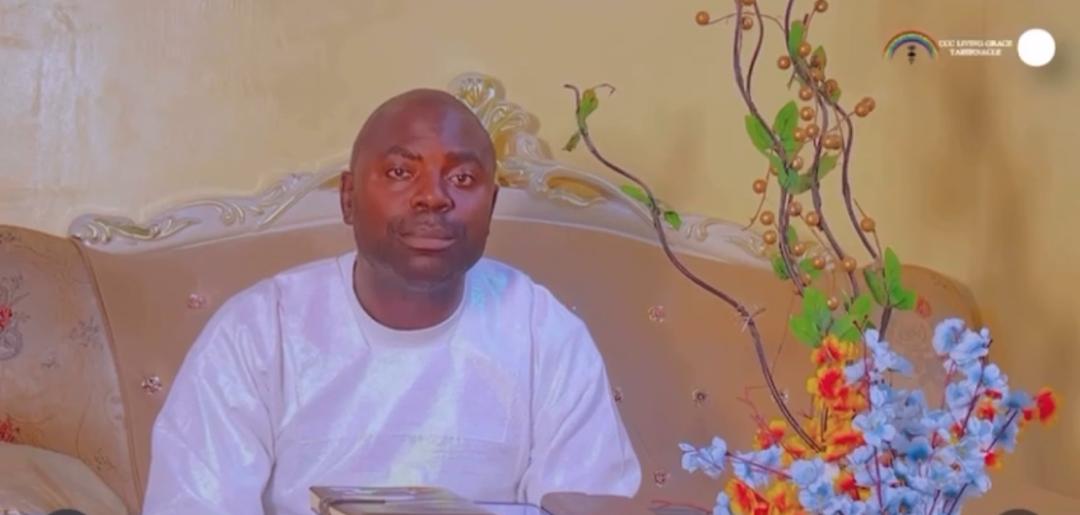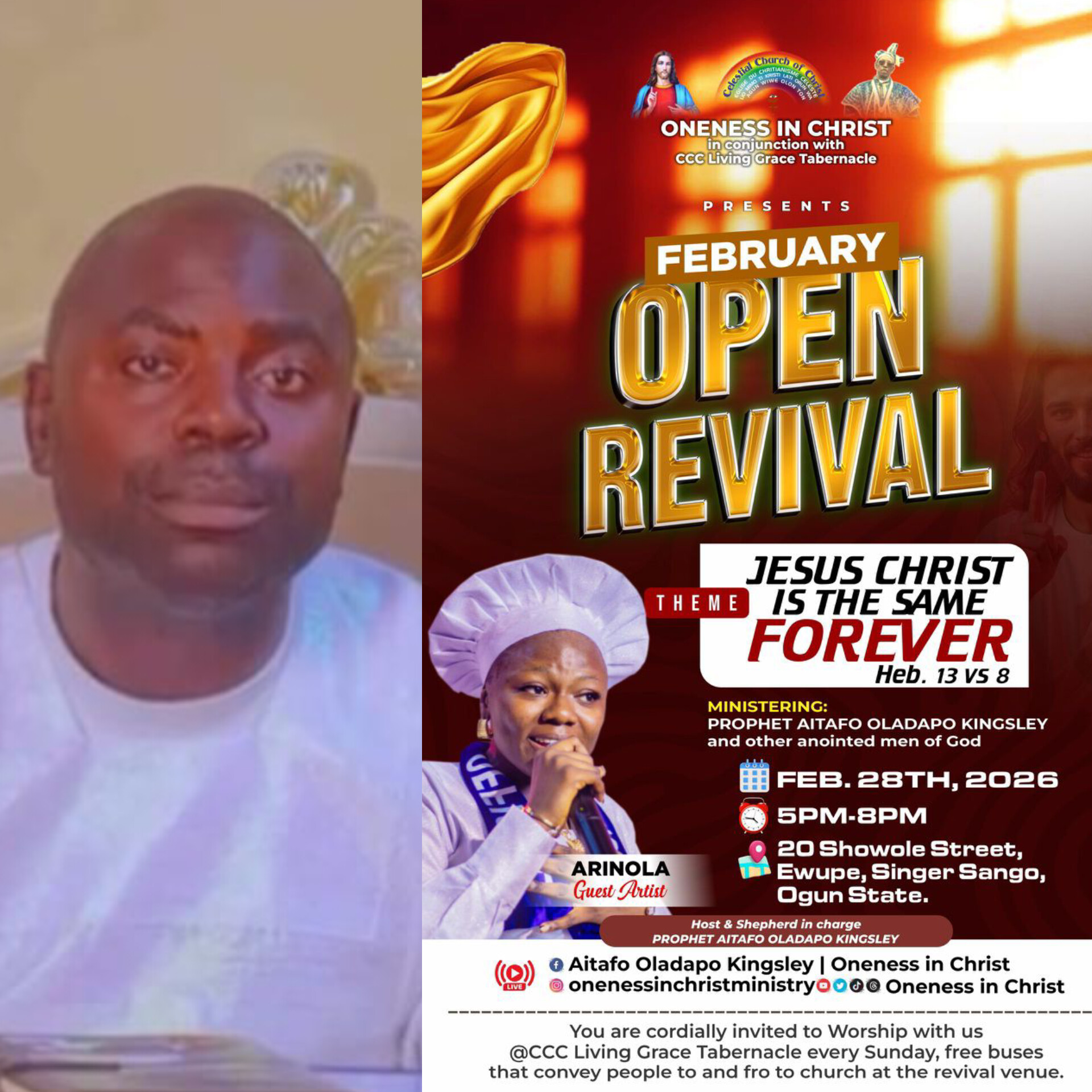news
Simple Actions President Bola Tinubu Must Take Now by Olufemi Aduwo
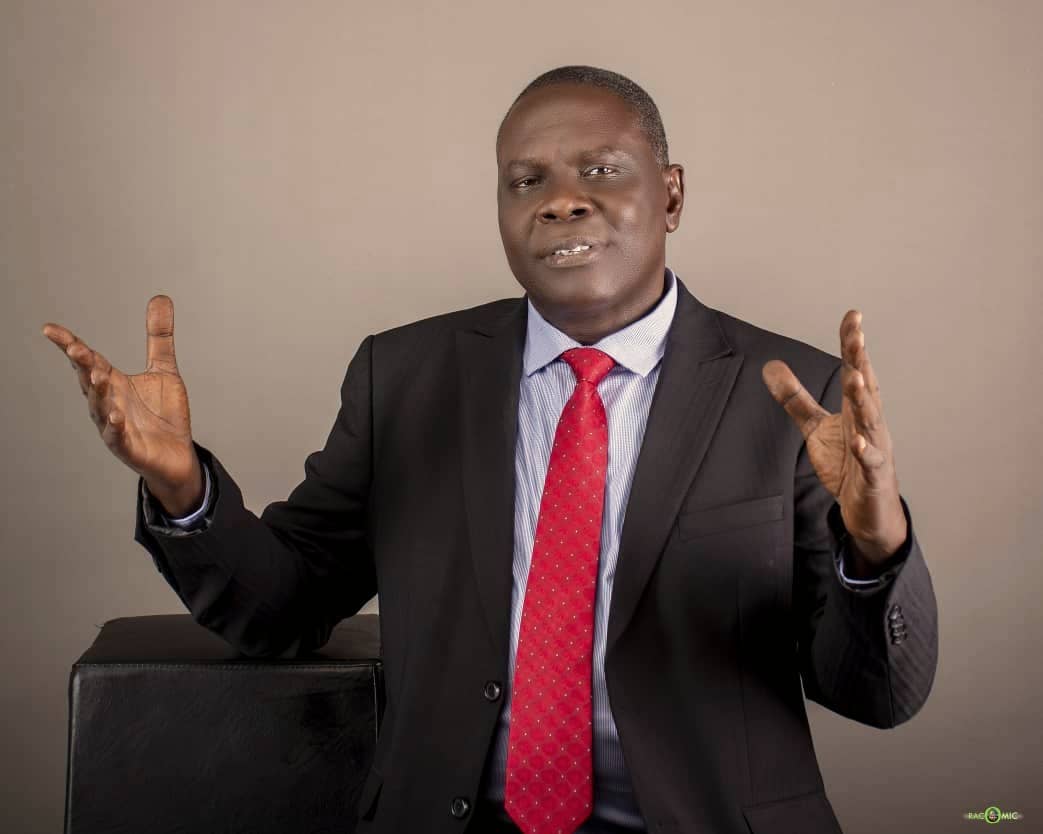
Simple Actions President Bola Tinubu Must Take Now
by Olufemi Aduwo
Very Short Term:
The golden rule when you face a crisis of any sort is to allay fears of those concerned, including you, the leader. Fear kills more than bullets.
Mr. President, sir:
1. Get on the television and radio and reassure Nigerians that you are on top of the situation. It should not be a long speech at all but maximum of five minutes. Translate the speech into as many local languages as possible. Let the governors and parliamentarians do the same to percolate to the grassroots.
2. In that speech, plead for more understanding. Tell Nigerians you will address them again, in four weeks latest, on measures to address the situation. Reassure them that you will tackle the situation decisively. Take the advice I will give you here to your cabinet and the National Council of State so they can make inputs and perfect them.
3. Announce cuts in government expenditure especially the lifestyle of political leaders. Sir, don’t you wonder how Nigerians who bear these unbearable inflation survive? It’s not rocket science, Mr. President. The first rule under hyper-inflation is to go back to that rudimentary economics taught in the secondary school: Scarcity, Scale of Preference, Choices, Opportunity Cost.
This present crisis doesn’t need economic experts to solve. We only need to apply common sense!
(a) Prices are soaring because of scarcity.
(b) Our money can no longer buy all the things we used to buy.
(c) We now have to make a scale of preference. We need the things we need (not want) on a scale of preference. Non-essential things are off that list right away.
(d) We now make choices (priorities), purchases within that scale. This means that even not all the items that make that scale will make it in our Naira allocation.
(e) We now increase our earning to cover those items on that scale (remember they are essential) but even essential things vary in terms how essential. Some can tarry for a while.
Summary:
When in hyperinflation, don’t panic. Panic will complicate the problem. And may even kill. Smile broadly. Then, Think. Plan. Be honest. Have that will power.
That is how we have been surviving. Every poor, even illiterate Nigerian family heads; this is what they have been doing, sir. They may not know any economic terms, but that’s what they do. And I am writing here, as a social crusader with common sense; it is for you as the head of the Nigerian household economy, just do the above. Expenditure saved is income earned. It starts from you, Mr. President.
That moves us to the short term.
Short Term (After one year)
1. Stop all new civil projects at the federal level for the rest of the year. Advice states to do the same. Divert money saved to agriculture. It takes between three to eight months for most food crops in Nigeria to be ripen for harvest. Thank God, the food crisis is happening at the very beginning of the agric season. And, sir, a farmer that doesn’t plant at the beginning of the farming season, won’t reap anything at harvest time. That’s what Adam Smith meant in his ‘Theory of Factors of Production’. It doesn’t need PhD to understand and apply, sir.
2. Continue funding of already approved civil projects so that real income will not shrink in the blue collar sector. Do mostly direct labour so income can circulate to Nigerians.
3. Import strategic food e.g. rice, beans, tomatoes, pepper, groundnut oil, etc. There is no shame in this, sir. It’s food first in the hierarchy of needs. Whatever it will take in the short run, make food available to Nigerians. Don’t go into who caused the food problem, for now. ‘Ebi kii wo inu, ki nkan mii o wobe’. (A hungry person will not listen to any other thing except you give him or her food). The dead don’t eat food.
4. NNPCL must start pushing locally refined petrol (and diesel for the real sector). Meanwhile, give NNPCL dollar at controlled rate to import fuel. Call it subsidy or whatever name, if you like. Peg the sales to control prices and monitor ruthlessly. We are in serious crisis. Be ruthless, sir. Some people have said you can fast track Dangote. Anyhow. Just make fuel available, sir. Again, Adam Smith! Production!
5. Identify growers of major foodstuff and support them directly through state governments.
6. Release CBN probe report and government white paper. Sir, you are wasting too much time on this!
Medium Term (12-18 months):
1. Probe the banking sector and follow up with an enabling law to jail culprits.
Trial should be through Tribunals, not courts. Trial should be statute barred so that in ten months, the Supreme Court can give final judgments. From Tribunal to Appeal Court, to Supreme Court!
I know many of them are your paddy. But they have had enough, sir. Tell them ‘O To Ge’ (It’s enough). They will understand, if they are honest. They have bled Nigeria for too long. Nigeria must not die in your hands. Sing Sonny Okosuns hit track to them; “Which way Nigeria”.
Let’s save Nigeria. So Nigeria won’t die
2. Start Civil Servants Miscellaneous Offences Tribunal to jail corrupt civil servants. Like the bankers, the civil servants will also understand. Those doing the damage in the system are not more than two per cent of civil servants! You know this, Mr. President.
3. Rejig the National Food Policy to plan how we can be food sufficient. Sir, we have not been able to feed ourselves in Nigeria. Bible says a man not able to feed his family or household is not fit to head that family. It means if you are president and the nation is not self-sufficient in food production (not food importation), then you are not fit to be president, sir. I am not the one saying so, sir. It’s God. You are the Head of this household called Nigeria now by His grace. God has blessed us too much. What we cannot grow in Nigeria does not exist!
4. License new agric banks (at least 10 of them, facing agriculture funding squarely). They must be operational before the end of this year, nationwide.
To hell with all these criminal banks! License at least 50 small medium industry banks and 50 agriculture micro finance banks to start operations before December 2024. Commercial farming should be the goal here. They must be monitored to stay within their portfolios.
5. Make 40 modular refineries strategically located nationwide to be operational. State and local governments can save 50 per cent of their allocations for four months to own not more than 20 per cent equity in these small refineries within their states. This will not only solve the petrol problem on time but also serve as IGR for them in the near future.
Long Term (2 years and above):
1. Sustain medium-term policies highlighted above. In strategic road mapping, execution is key, sir.
(2.) Resume civil works in the public sector to create employment and incomes.
(3). Start agro processing for exports. No export of raw agriculture products again.
(4). Rejig all Federal Universities of Agric to face agriculture, or scrap them. State governments should start Universities of Agric. A state like Ogun with excess varsities and polytechnics should convert quite a number of them to Agric varsities with emphasis on practical training. All polytechnics should be converted to technical universities to work out how to manufacture so many things that we import, preparatory to banning their importation. Local industries cannot survive if we don’t ban these imports.
(5.) Sir, Adam Smith is turning in his grave, cursing Nigeria. We are poor because we do not produce, our taste is strictly for what we don’t produce! We can never be rich like that, unless we go into banking, politics or religion! Each time Nigerian Customs says it has made billions of Naira, I cry. They should make income from excise income (exports) not imports. Imports increase the need for dollars! Exports bring in dollars! Common sense nah.
(6.) Ban frivolous imports. Notice should have been given right now that in 12 months, these useless imports ‘are gone’. They are the ‘subsidies’ that must be ‘gone’, not the one on petrol. In the real sense, Mr. President, you actually ‘subsidize’ these frivolous items; toothpick, toothbrush, toothpaste, etc. name it. Enter any supermarket or market, 80 percent of goods there are bought with dollars. So, when dollar goes up, the prices must go up. Sir, ban them! Don’t follow Reno Omokri’s lame advice that Nigerians should boycott imported goods. Omokri lives abroad. We here can only buy what we see. Enabling laws are needed here, so that if you display banned commodities, you go to jail. Please expand this for effective implementation of these laws.
(7.) My President, I have not suggested Price Controls. They don’t work. I am a practical person. I am driven by theories driven by research. There is no economic theory bigger than the Theory of Demand and Supply. So, do not waste time and money setting up price controls? The moment supply exceeds demand, prices will crash. And when we have excess food, we store, process and export to countries like Niger, Mali. We export to USA and UK. Check out the foodstuff prices in the UK. They are high sir. We can make good dollars and pounds exporting food to them there sir.
Finally, sir, execution is important. Our problem has always been lack of executive will, not lack of ideas. I have never been scared of any crisis in my life. As the crisis is brewing, God is already giving me ideas to tackle it. And it’s so for most Nigerians at household levels.
See, Mr. President, this economic crisis is no big deal if you want to tackle it. I swear. There is no need for any economic wizardry. We need just common sense and discipline or willpower. It’s the same way we manage our household income. It’s the same way my students are managing their incomes and expenditures! My students are fine! They are not happy, but they are fine. They are still making their hairs and coming to classes! But many of them have reduced what they eat and how many times they eat daily.
Me too, I no longer fry eggs. I boil them.
That way I save money on groundnut oil, salt, gas, onion and pepper. And if yam is not careful, I will ban it, like I did bread. No food is bigger than me in my household. I call the shots. Meat is only for my daughter now. At over 50, I don’t need meat. I take fish. Local fish. Not imported fish. It’s only our government and national assembly that have refused to change. They still use uncommon sense. Every household in Nigeria is applying the common sense!
Sir, economics is common sense made difficult!
Thank you for listening and being ready to take these actions, Mr. President.
Your patriotic subject,
Olufemi Samson Aduwo, Permanent Representative, CCDI to ECOSOC/United Nations.
news
Journalists for Good Governance Shines Searchlight on Local Government Administration

Journalists for Good Governance Shines Searchlight on Local Government Administration
…Calls for Accountability in Nigeria’s Grassroots Governance
LAGOS, Nigeria — A civil society coalition known as Journalists for Good Governance(JGG) has intensified public debate on transparency and accountability within Nigeria’s local government system, urging media professionals, civil society actors, and citizens to hold grassroots leaders accountable.
Speaking an event in Lagos recently, the acting chairman of the society, Comrade Bunmi Obarotimi said that despite reforms such as the Supreme Court’s 2024 ruling granting financial autonomy to all 774 Local Government Areas (LGAs), systemic challenges continues to hinder effective service delivery and responsible stewardship of public funds.
“Local governments are the closest tier of government to the people — yet too often they remain the least transparent. Without civic oversight and vibrant media, promises of autonomy ring hollow.” the acting chairman said.
The Journalist for Good Governance emphasised crucial roles that journalists can play in uncovering discrepancies in council spending, flagging poor service delivery, and educating citizens on their rights. Their call comes amid wider efforts by media and civic organisations to bridge accountability gaps. The civil society initiatives had previously launched monitoring campaigns to track local government expenditures and have been quietly advocating for transparency in how public money is deployed.
The leaders of the Journalists for Good Governance (JGG) highlighted the importance of physical assessment and citizens engagement on projects to boost people’s confidence, urging local councils to adopt open data platforms and proactive information dissemination in compliance with the Freedom of Information Act. Experts say the majority of LGAs currently lack operational websites or digital portals, further limiting public scrutiny.
The Journalists for Good Governance initiative aligns with sustained advocacy by civil society groups and governance experts calling for a collective approach to strengthening democratic accountability, and has decided to engage in critical and holistic assessments of how Local Governments is being run and the impact and quality of projects they embark-on and to address deficits in transparency and public trust.
Meanwhile, some state governments have signalled support for improved community engagement. In Lagos State, authorities reiterated a commitment to enhancing community media platforms as vehicles for civic participation and accountability at the grassroots level.
The renewed spotlight on local government administration has reignited public debate over fiscal responsibility and priorities. Controversies such as the widely criticised Adamawa council chairmen’s wives trip to Istanbul — which drew public outrage for perceived misuse of public funds — underscore why watchdog groups say stronger oversight mechanisms are urgently needed at the grassroots.
Citizens and activists have welcomed the journalists’ initiative, calling for sustained media engagement that goes beyond headlines to influence policy and accountability reform.
The civic rights advocates note that real change will require robust legal frameworks, a free press, and empowered communities equipped to demand transparency at every level of governance.
As Journalists for Good Governance mobilises its members, the coming months are likely to see heightened media attention on grassroots administration — from council budgets and service delivery to the enforcement of public information laws and digital transparency initiatives.
news
ANOTHER PROPHECY FULFILLMENT BY PROPHET KINGSLEY AITAFO OVER THE EXIT OF DR. KENOLY, ANNOUNCING FEBRUARY’S OPEN PROPHETIC REVIVAL
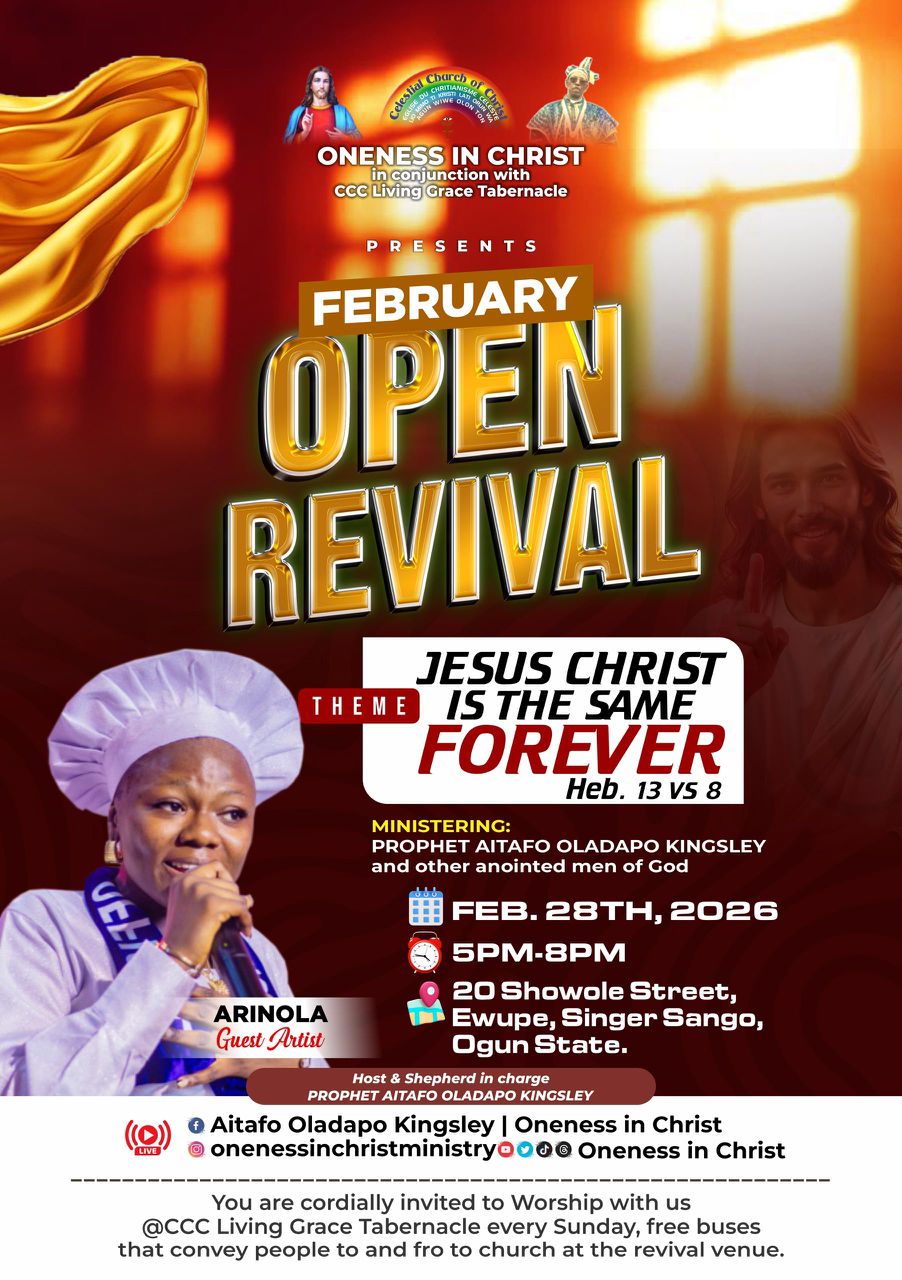
ANOTHER PROPHECY FULFILLMENT BY PROPHET KINGSLEY AITAFO OVER THE EXIT OF DR. KENOLY, ANNOUNCING FEBRUARY’S OPEN PROPHETIC REVIVAL
– Another Prophecy Fulfillment by Prophet Kingsley Aitafo Following the Passing of Ron Kenoly Ahead of February Open Prophetic Revival
– Prophet Kingsley Aitafo Records Another Prophecy Fulfillment as February Open Prophetic Revival Is Announced
In the released prophecies for 2026, renowned Nigerian cleric, Prophet Kingsley Aitafo, shared a series of revelations touching on Nigeria’s economy, global events, political transitions, natural disasters, religious transformations, and the future of world leaders.
During a special prophetic session, the prophet stated that he foresaw the departure of two world-renowned musicians in 2026 and urged the Nigerian people and the global community to pray for them.
He urged Nigerians and everyone around the globe to pray for the musicians, among other prophecies, and already gave insight concerning them.
On February 3, 2026, American gospel singer, songwriter, and worship leader Ron Kenoly passed away at the age of 81. Widely known as the “Professor of Praise,” Kenoly was celebrated for anthems such as “Majesty” and “Lift Him Up,” which have significantly influenced modern congregational worship around the world.
He was recognized as a pioneer of the contemporary praise and worship movement, leading Scripture-based worship services that became widely adopted in churches across different nations and cultures.
The development has been described by followers of Prophet Kingsley Aitafo as a confirmation of the prophecy earlier declared in the year.
Meanwhile, Prophet Kingsley Aitafo, leader and shepherd in charge of Oneness in Christ, in conjunction with CCC Living Grace Tabernacle, invites everyone to its February Open Revival. It is a prophetic service determined to change lives through miracles, healings, signs, and wonders.
It is not an ordinary service; it is another time for a divine encounter where your faith is strengthened, prayers are answered, and breakthroughs and favour are about to rain. With its theme — Jesus Christ is the same forever — the revival is promised to release the power of Jesus Christ like never before. It is a period of shift and divine encounter.
This revival service is said to hold on the 25th of February, 2026, from 5pm – 8pm at 20, Showole Street, Ewupe, Singer Sango, Ogun State.
It is a season where God is ready to reveal Himself like never before. Members of the public are invited to attend.
news
GEN CHRISTOPHER GWABIN MUSA SUPPORT INITIATIVE COMMENDS STATE-FEDERAL COLLABORATION IN ZAMFARA

GEN CHRISTOPHER GWABIN MUSA SUPPORT INITIATIVE COMMENDS STATE-FEDERAL COLLABORATION IN ZAMFARA
The Gen Christopher Gwabin Musa Support Initiative (GCGMSI) has commended the Zamfara State Government for its decisive contribution to security operations through the donation of newly acquired armoured personnel carriers (APCs), surveillance drones, and other critical operational equipment to troops and security agencies in the state.
This commendation was contained in a statement signed by the Convener of the GCGMSI, Ibrahim Dahiru Danfulani, Sadaukin Garkuwan Keffi/Betara Biu, and made available to the press.
The equipment was formally commissioned on Wednesday, February 18, by the Grand Patron of the GCGMSI and Minister of Defence, General Christopher Gwabin Musa, OFR (rtd.), in a ceremony at the Government House, Gusau. The event was attended by senior military officers, heads of security agencies, and top officials of the Zamfara State Government.
The GCGMSI, in its statement, hailed the donation as a “transformative and timely intervention” that aligns perfectly with its core objective of advocating for and supporting tangible measures that enhance the operational capacity and welfare of Nigeria’s security forces. The Initiative praised Governor Dauda Lawal’s administration for moving beyond rhetoric to actionable, material support, describing the move as a “blueprint for state-level collaboration in national security.”
“The provision of these assets by the Zamfara State Government is a testament to visionary leadership and a profound commitment to the peace and stability of its people,” the GCGMSI statement read. “It represents the exact kind of synergistic partnership between state and federal authorities that the GCGMSI champions. This initiative will significantly close operational gaps, boost the confidence of our gallant troops, and send a strong message to criminal elements.”
Speaking at the commissioning, General Musa emphasized that sustained collaboration is indispensable in confronting the nation’s evolving security challenges. He specifically commended Governor Lawal for his proactive support.
“Governor Dauda Lawal has demonstrated exemplary leadership and an unwavering dedication to the security of Zamfara State,” the Defence Minister stated. “The provision of these armoured vehicles, surveillance drones, and other operational equipment will undoubtedly boost the morale and operational effectiveness of our troops and other security agencies on the ground. This is a commendable effort that should be emulated by others.”
The newly commissioned assets, which include multiple APCs and advanced surveillance drones, are expected to dramatically enhance the mobility, protection, intelligence-gathering, and rapid response capabilities of security forces, particularly in the state’s remote and difficult terrains where anti-banditry operations are ongoing.
In his remarks, Governor Lawal reiterated his administration’s steadfast commitment to being a reliable partner in the security architecture. He urged security agencies to deploy the new resources responsibly and effectively to safeguard lives and property.
The Federal Government, through the Ministry of Defence, reaffirmed its commitment to continuing and deepening such partnerships with state governments across the nation to strengthen coordination and resource allocation in the collective fight against insecurity.
The GCGMSI concluded its statement by urging other state governments to take a cue from Zamfara’s “bold and pragmatic” approach, affirming that such concrete support is vital for achieving lasting peace and security across Nigeria.
-

 celebrity radar - gossips6 months ago
celebrity radar - gossips6 months agoWhy Babangida’s Hilltop Home Became Nigeria’s Political “Mecca”
-

 society6 months ago
society6 months agoPower is a Loan, Not a Possession: The Sacred Duty of Planting People
-

 society5 months ago
society5 months agoReligion: Africa’s Oldest Weapon of Enslavement and the Forgotten Truth
-

 news6 months ago
news6 months agoTHE APPOINTMENT OF WASIU AYINDE BY THE FEDERAL GOVERNMENT AS AN AMBASSADOR SOUNDS EMBARRASSING


